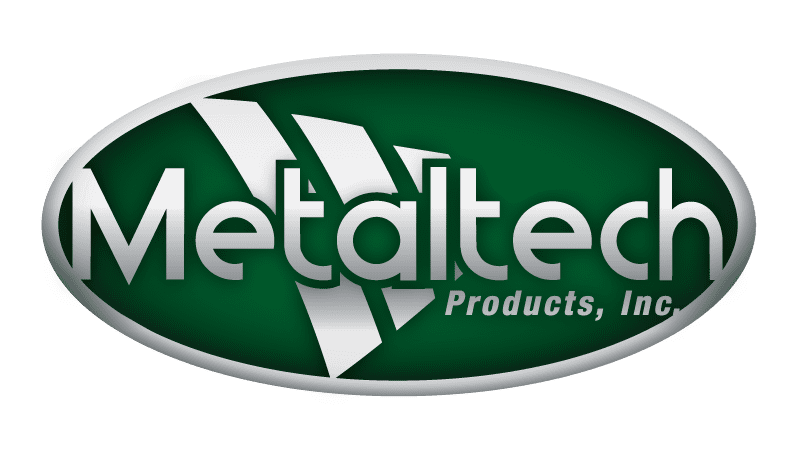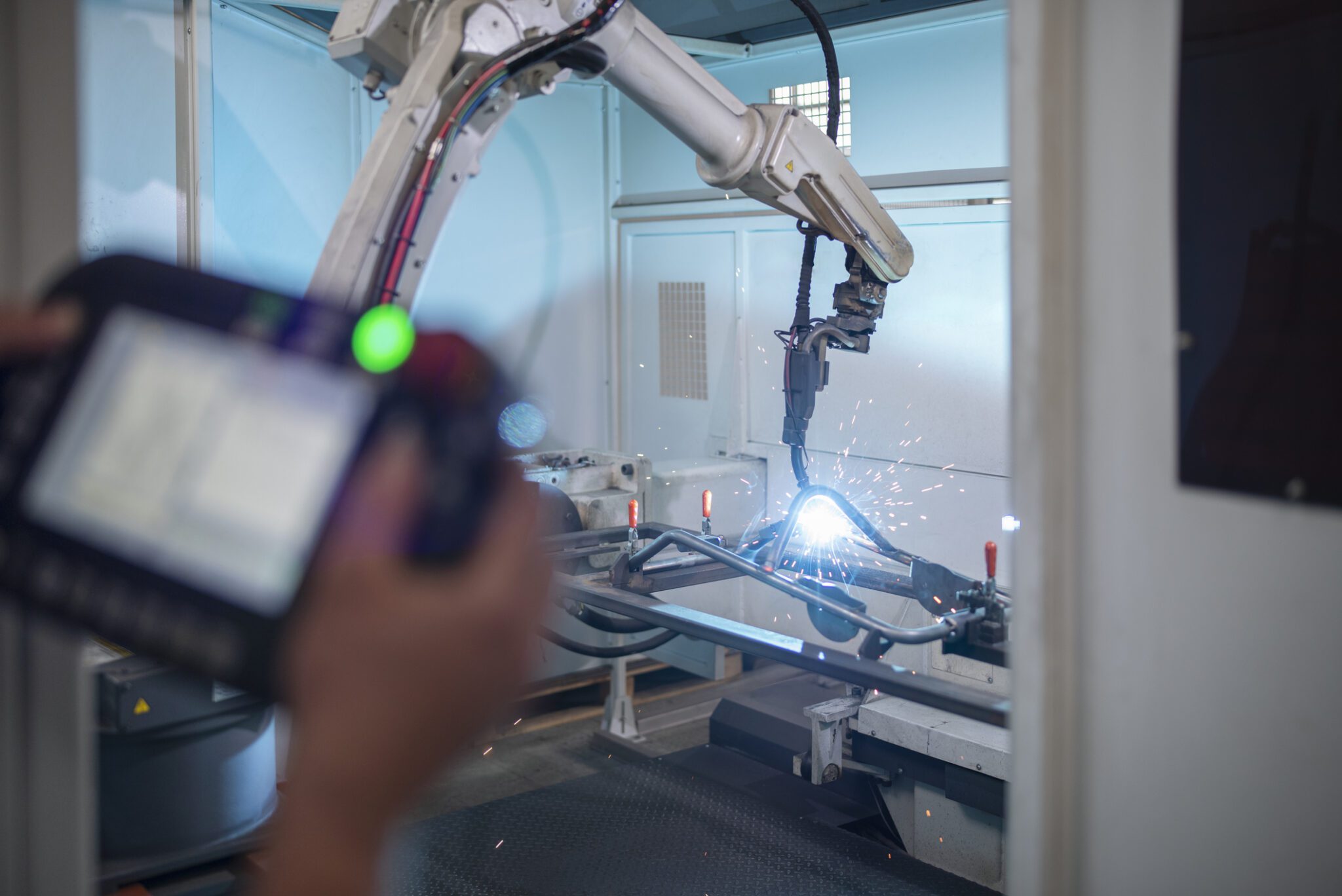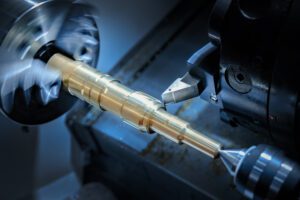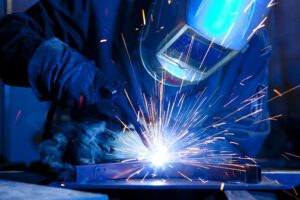Automation. Robotics. Artificial intelligence. Machine learning.
These are some of the buzzwords we’ve gotten used to hearing in connection with new digital technologies.
For industrial manufacturers, automation represents a tremendous opportunity to boost efficiencies and product quality.
The industrial automation market is projected to reach $115 billion by 2025. Based on its 2022 Global Industrial Robotics Survey of top executives, McKinsey estimates that automation will account for 25% of capital spending for manufacturers over the next five years.
Automation, robotics and similar technologies are also impacting the metal fabrication sector in what one source has dubbed the “Fourth Industrial Revolution.”
At Metaltech, our mission has always been to support customers through innovation, along with continuous improvement and profitability. We fulfill our mission by investing in the best technology, people and processes. From purchasing our very first robotic welding cell in 2005 up to the present, we continuously seek out new ways to deliver quality custom metal components across a range of industries.
How Automation Enhances Metal Fabrication
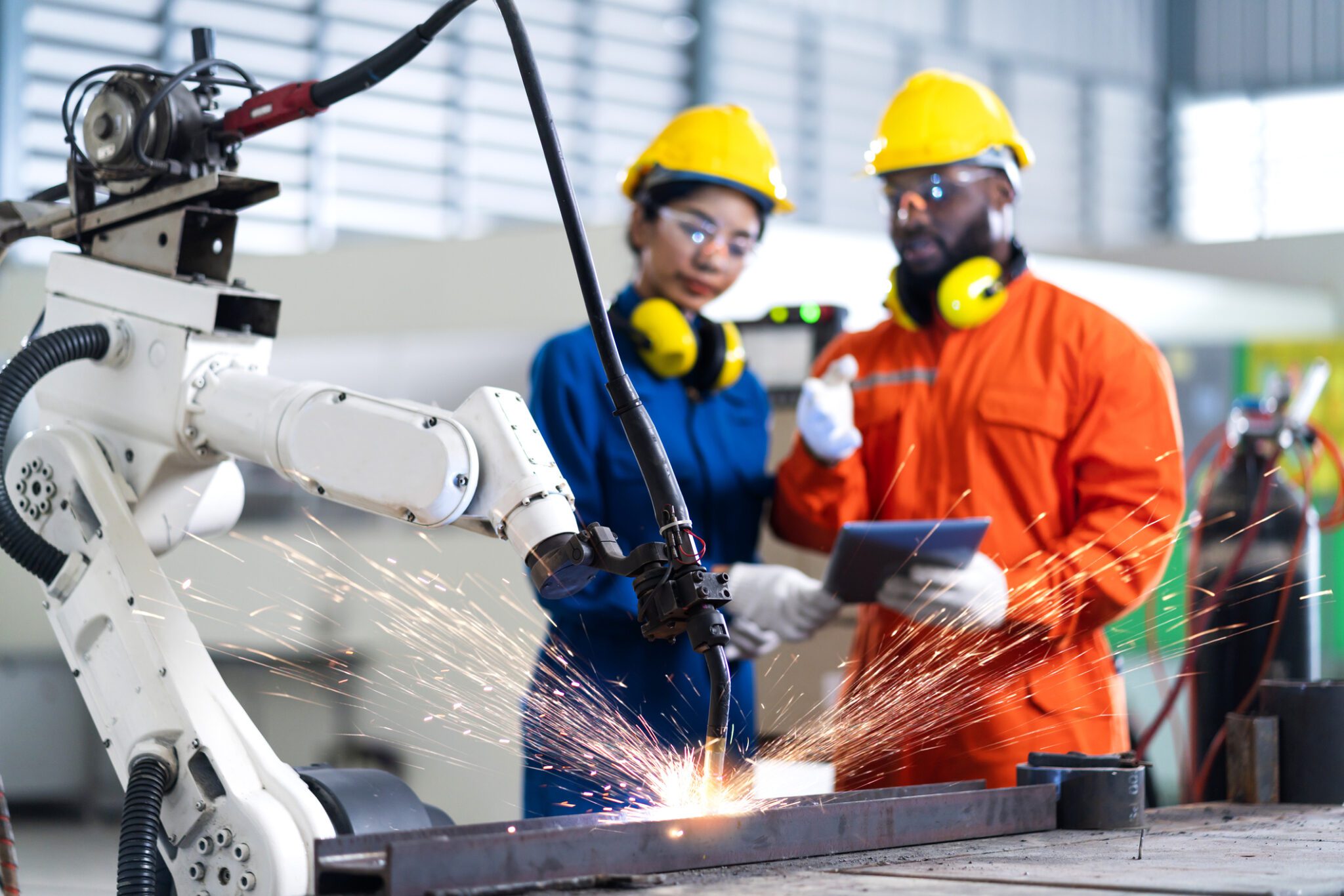
Automation combines digital platforms with robotics to help metal fabricators meet a number of goals. These include optimized workflows, increased productivity and better product quality. Advanced technologies also enhance decision-making at the planning and design stages of a project.
Efficiency & Productivity
Robotic equipment completes production tasks faster than human labor alone. Advanced machines that can multitask enable manufacturers to fill more orders with the same number of employees. This allows firms to achieve shorter lead times and greater agility to meet rapidly shifting customer demand. For employees, collaborative robots, or “cobots,” help to streamline repetitive tasks, reduce downtime and achieve faster production turnaround.
Product Quality & Consistency
Automation is well suited for large production runs and greater product consistency. Unlike human operators who may become fatigued, robots can easily perform repetitive tasks over an extended time period. For example, they can drill identical holes or create the exact same weld an infinite number of times. Automation also facilitates more sustainable operations by cutting down on scrap waste.
Employee Health & Safety
Heavy duty robotic machines can handle heavy loads and hazardous jobs, which reduces health and safety risks to employees. AI-enabled systems can be programmed to detect emerging safety hazards for faster mitigation.
Here are a few examples of how automation and similar technologies improve safety:
- Fewer repetitive motion issues: Robotic arms can perform repetitive tasks like stamping, welding, reaching and grabbing. This results in fewer musculoskeletal and repetitive strain injuries for operators.
- Less boredom and exhausion: When tedious, repetitive jobs are automated, it frees up human workers to take on more engaging, complex tasks.
- Fewer errors and accidents: Motion sensors allow the machine to pause the production process if an employee enters an unsafe zone. Machine vision technology can be used to prevent collisions on the factory floor.
Technologies Impacting Manufacturing Today
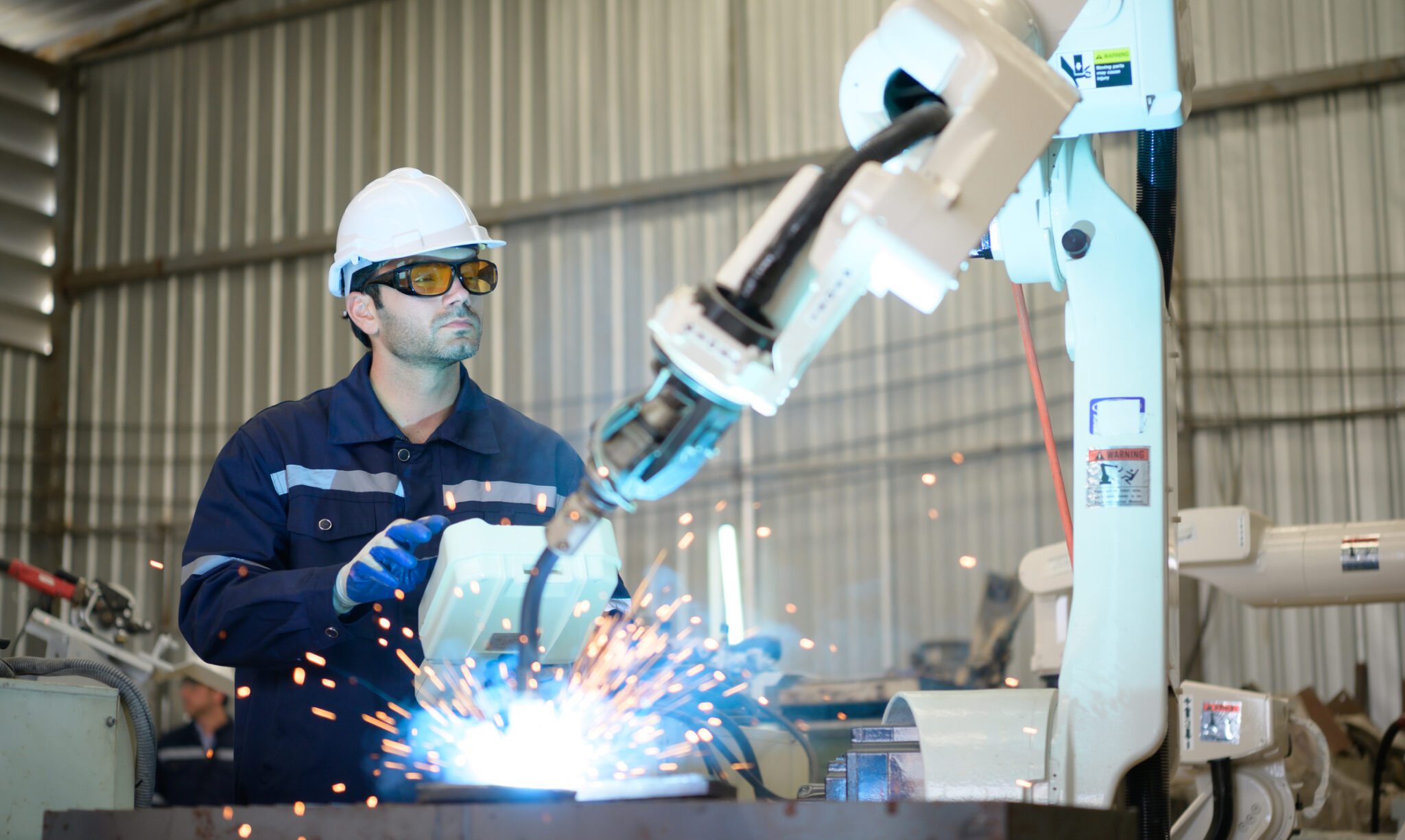

Smart technologies enhancing the metal fabrication process include machine learning, robotics and advanced lasers.
Machine Learning
Machine learning enables smart manufacturing throughout the production process. Examples include automated tasks such as cutting, shaping and welding. Quality control features can detect product flaws before they reach the end customer, and predictive maintenance helps to prevent unexpected equipment failures.
Robotics
Manufacturers incorporate robotics into the fabrication process in a number of ways. Specialized equipment known as collaborative robots, or cobots, work alongside human operators to boost accuracy and speed. Adaptive machines may also include a number of time-saving features such as automatic tool changers and automated material handling systems.
Lasers
Lasers have long been a staple of metal fabrication. Advanced models use AI capability to guide smoother, more efficient operations. Applications include cutting, ablation, drilling and welding.
Tradition of Innovation Continues at Metaltech
Ever since our founding in 1998, Metaltech has prided ourselves on hard work and continuous improvement. That includes investing in the best technologies and equipment to meet the needs of our customers.
When we bought our first robotic welding cell in 2005, it was a cutting-edge innovation at the time. By 2015, we had two robotic welding cells, boosting our capability for quality and consistency with repeated welding tasks. As a result of our commitment to innovation, our customers can count us to deliver quality components that look and perform exactly the same as their previous order.
You can request a quote for custom metal parts from Metaltech at any time. If you need more information, give us a call at 417-426-5577 or contact us online at any time.
